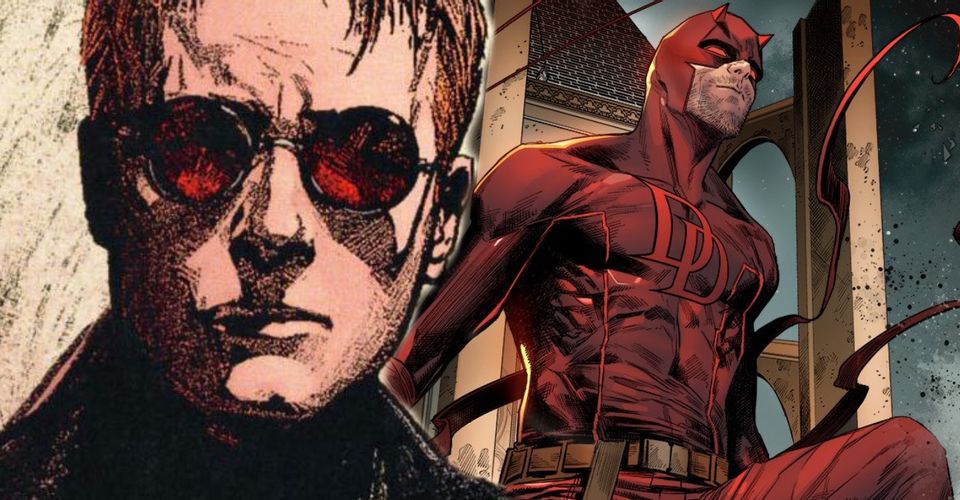Marvel Proved Daredevil Is Matt Murdock’s Escape From Prejudice

Matt Murdock uses the alter ego of Daredevil to bring justice to those the law can’t reach in Marvel Comics. However Daredevil is more than just a means to an end for Matt Murdock, as it is also an escape from prejudice. Matt Murdock is a man who is blind, no secret to fans of his comics, and sometimes that fact about him makes people treat him differently, negatively impacting his life just because he is differently abled. When Murdock is Daredevil, everyone assumes he can see based on the amazing abilities he exhibits which gives him an escape from the prejudice he encounters every day.
In Daredevil #248 by Ann Nocenti, Rick Leonardi, and Al Williamson, Matt Murdock witnesses a crime and immediately goes to the police to report it. When the officers learn that Matt is blind, they don’t take him seriously and the reported crime is thrown out, leaving the criminals to go free. Frustrated with the officers’ response, Matt becomes Daredevil and takes the criminals in himself.
Daredevil is given much more credibility as a witness to a crime because it is assumed that he can see, despite the fact that Matt Murdock is a licensed attorney who used his other senses to determine what had just happened. Matt could just as easily hear a crime taking place and be as legitimate a witness as someone who saw and reported that same crime. As shown in the comic, the fact that he didn’t see the crime taking place makes him an unfit witness and the investigation is done before it even began. This is an example of prejudice that not only impacts Matt and makes him feel like less of a person than someone who can see, but also the person he is trying to help who isn’t getting the justice that they deserve.

That level of ableism is a defining aspect in Matt Murdock’s life especially when it comes to him taking on the identity of Daredevil. In recent years, Matt’s need to become Daredevil has mostly been derived from his need for vigilante justice, as a release from the anger and frustration he has with the penal system and the dangerous criminals who slip through the cracks. In earlier books, Matt is much more impacted by the prejudiced stigma he is forced to wear as someone without the sense of sight living in a society that looks down on differently abled people. Dealing with that prejudice in his everyday life makes putting on the Daredevil suit a welcome escape.
The comic issue referenced is one that was released in 1987, many years earlier than the Daredevil books published in the modern day, and thankfully a lot has been done within that time to raise awareness about those with disabilities. In the modern era, Matt Murdock’s experiences with ableism are not as central to his comics as they once were, but just because it may not be as prominent doesn’t mean that prejudice is not there. Whether it be people talking about him derogatorily or patronizingly, or just staring at or avoiding him because of the fact that he is blind, Matt Murdock deals with being treated differently every day of his life, and becoming Daredevil is his one and only way of escaping from that prejudice.
About The Author

















